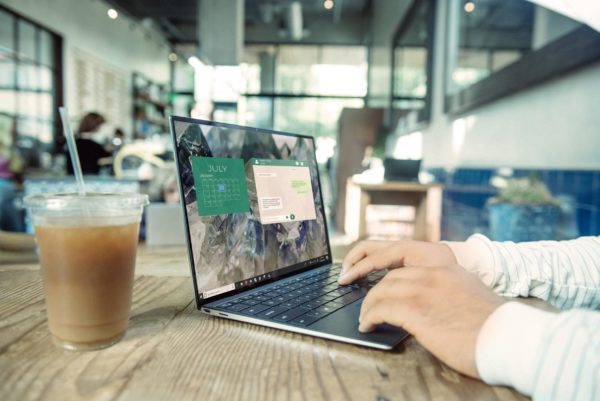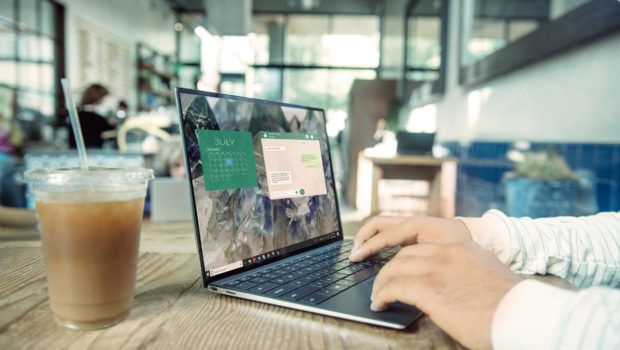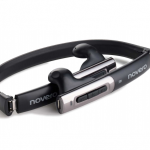BYOD: What Is it? What Does It Mean For Small Business?
With more people working from home than ever before, a natural consequence has been that people are now using their own devices (“BYOD”) to work like never before. Whether it’s the modem/router connected to the Internet, the laptop they log into, or their personal phone that they use to make business calls, BYOD is widespread and everywhere.
But is that a good thing, for both the employer and the employee? There are both “yes” and “no” answers here, and organizations will need to carefully weigh both before allowing staff to start using their own tech for work purposes.

Image Credit: Unsplash
BYOD pros
One of the big benefits of using personal phones for work is that people tend to work more flexibly (and more hours) when they do so. A study commissioned by Deloitte found that 68 percent of people use their smartphones for work during leisure time. This might sound like it’s a benefit only for the workplace, but the employee benefits too, in being able to better control their work/life balance and the time – and setting – in which they do their work.
Another benefit to BYOD is that it simplifies down the working environment. Managing two phones, two laptops, and different Internet access points can become a pain for the individual, who ends up losing time each time they need to make the swap. Business rhetoric is no longer about “work-life balance” but rather “work-life integration,” as a way of improving job and life satisfaction, but for that to truly happen, the devices that people do their work on also need to be integrated.
A third benefit is that BYOD shifts the cost of technology purchases to the individual. If they’re using their personal phone for work, then the employer doesn’t need to pay for it. Again, this has benefits for the employee too, since they’re able to choose the technology brands that they’re comfortable with and prefer using, rather than having to switch between their preferred technology and what is provided to them for work.
BYOD cons
The elephant in the room with regards to BYOD is the security concerns. Consumer technology is not protected by the same robust settings that corporate technology is, and if the employee uses their devices in an unsafe way – even when doing so for personal use – then there is the risk that the technology can become compromised and the hackers can gain access to the corporate assets.
Any BYOD policy needs to come with strict security policies and protocols to “lock-off” the business assets from the personal use side of the device. Employers should also educate employees on best practices with cybersecurity, from keeping personal and company information such as network security keys secure and not jotting them down on pieces on paper in the office, to avoiding clicking on anything suspicious links.
Another challenge is the lack of standardization across devices. When the employer issues devices, it is easy to standardize – for example, when the whole business uses iPhones or Android devices, there are no concerns about whether apps are compatible with one another.
However, when the environment has a blend of phone types and operating systems, making sure that an application works properly on all of them becomes a much larger challenge, leading to more work for the IT teams.
Finally, there is the concern about whether the employee will make the most of the technology, or whether the employee will become distracted by personal interests while using the phone. If the organization chooses to allow BYOD, this is a challenge that can’t be resolved via technology.
Instead, the organization needs to take their employees through best practice training for the efficient use of mobile phones for work, explaining to them how to optimize their phone for work, how to securely log into the work network, and how to optimize their phone environment so work and leisure applications don’t get mixed up together.
Summing up
BYOD isn’t so much a trend as it is an eventuality. As the quality of security technology and policy enforcement on phones and laptops becomes better, there will be no reason to labor employees with multiple devices to distinguish between work and leisure, and the benefits are substantial, with employees feeling better about their work, being more available, and struggling less to achieve positive work-life integration.
Lastly, there will be residual concerns about security (though the technology is there to address that), and whether employees are using their devices appropriately, but with the proper policies and training, the results gained from BYOD will be all positive.
















